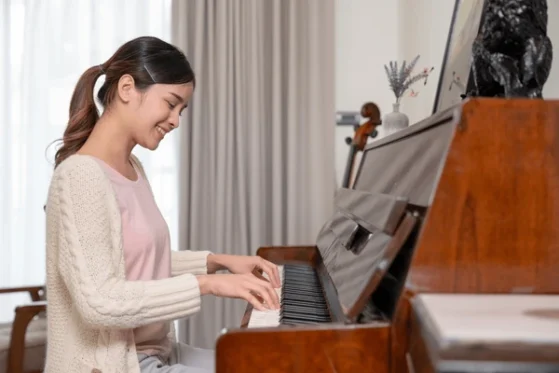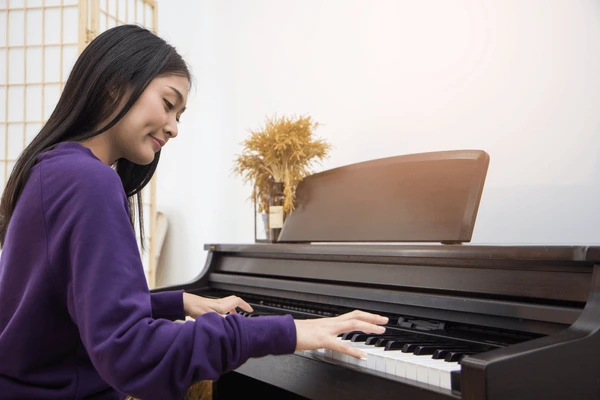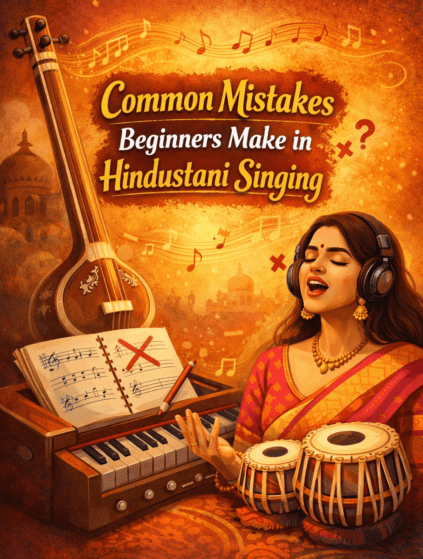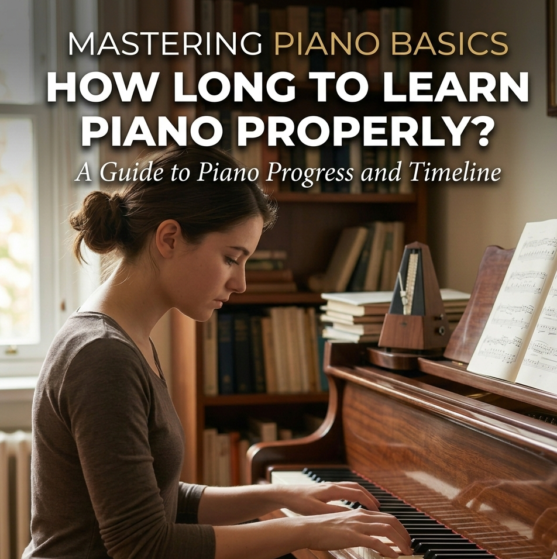Common Struggles for Adult Piano Learners | Solutions & Strategies
Learning to play the piano is a fulfilling journey that offers both artistic expression and cognitive benefits. However, it comes with its own set of challenges for adult piano learners. Common struggles include managing time amidst competing priorities, maintaining motivation throughout the learning process, developing and refining technical skills, enhancing memory retention for pieces of varying complexity, and managing performance anxiety during recitals or practice sessions.
Time Management
Challenge: Finding dedicated time for consistent practice can be daunting amidst the demands of work, family obligations, and other commitments.
Strategies:
Create a Detailed Practice Schedule: Allocate specific times in your weekly agenda exclusively for piano practice. Treat these practice sessions as non-negotiable appointments with yourself, prioritizing them as you would any other important task.

Break Practice Sessions into Manageable Chunks: If long practice sessions feel overwhelming, divide them into shorter, more focused sessions throughout the day. Even 15-30 minutes of concentrated practice can yield significant progress.
Use Technology to Stay Organized: Leverage practice apps or set reminders on your phone to track your practice time and maintain accountability. These tools can help you stay on track with your practice goals and monitor your improvement over time.
Motivation
Challenge: Sustaining motivation throughout the learning process, especially during plateaus in progress or when tackling challenging pieces, is essential.
Strategies:
Set Clear and Achievable Goals: Break down your musical aspirations into smaller, attainable milestones. Celebrate each milestone reached, whether it’s mastering a difficult passage or completing a piece, to maintain enthusiasm and track your progress effectively.

Explore Diverse Repertoire: Keep your musical journey engaging by exploring a variety of genres and styles that resonate with you. Learning different types of music not only broadens your musical horizons but also keeps your interest piqued and motivation high.
Engage with a Community: Joining a piano class, participating in online forums, or becoming involved in local music groups can provide invaluable support and encouragement. Interacting with fellow learners who share similar passions can inspire you, offer different perspectives, and provide a sense of camaraderie throughout your piano learning journey.
Technique and Coordination
Challenge: Developing proper piano technique and coordination requires dedicated practice and attention to detail.
Strategies:
Establish a Structured Warm-Up Routine: Begin each practice session with finger exercises, scales, and arpeggios to enhance finger strength, agility, and flexibility. A consistent warm-up routine not only primes your fingers for playing but also reinforces foundational technique.

Focus on Precision and Accuracy: Break down challenging passages into smaller segments and practice them deliberately at a slower tempo. Gradually increase the speed as you gain confidence and proficiency, ensuring each note is played with clarity and precision.
Seek Guidance from a Qualified Instructor: Consider taking lessons from a professional piano teacher who can provide personalized feedback on technique, posture, and overall musical development. A knowledgeable instructor can offer insights, correct any technical errors early on, and guide you towards efficient practice habits that optimize your progress.
Memory
Challenge: Memorizing music, particularly longer or more complex pieces, can be intimidating and require effective memory strategies.
Strategies:
Utilize Chunking Techniques: Divide music into smaller, manageable sections or patterns (chunks) that are easier to memorize and practice them individually. Gradually piece together these chunks to build a comprehensive understanding of the entire piece.

Visualize the Music: Close your eyes and mentally visualize the keyboard, finger movements, and musical notation away from the piano. Visualization helps reinforce muscle memory and enhances your ability to recall music during practice and performance.
Regularly Review Memorized Material: Schedule regular review sessions to revisit previously memorized pieces. Repetition is crucial for reinforcing memory retention and preventing forgetfulness over time.
Performance Anxiety
Challenge: Nervousness and anxiety before performing, whether in front of an audience or during a lesson, can adversely affect your performance quality.
Strategies:
Gradual Exposure to Performance Settings: Ease into performance situations by starting with informal settings such as playing for friends, family members, or small groups. Gradually increase the scale of your performances as your confidence grows.

Practice Relaxation Techniques: Incorporate deep breathing exercises, progressive muscle relaxation, or mindfulness techniques to alleviate pre-performance jitters and promote a calm, focused mindset.
Shift Focus to Musical Expression: Redirect your attention from perfectionism to the emotional expression and narrative within the music. Embrace the joy of creating music and share your unique interpretation with your audience, fostering a deeper connection through your performance.
Conclusion
Learning to play the piano as an adult demands dedication, perseverance, and a proactive approach to overcoming challenges. By implementing the strategies outlined above—such as effective time management, maintaining motivation, refining technique and coordination, enhancing memory skills, and managing performance anxiety—you can elevate your piano learning experience significantly. Embrace the journey, celebrate your progress, and cultivate a lifelong love for making music. With consistent practice, a positive mindset, and a commitment to continuous improvement, you can achieve your musical goals and experience the joy and fulfillment of playing the piano. Happy playing!

For more information and exciting resources about learning music, visit our website at The Mystic Keys. For more music content and exciting offers follow us on
Facebook, Instagram, YouTube, LinkedIn, Twitter, Pinterest, Reddit, Threads and Quora. Together, let’s transform the way we express our faith through the power of music!








